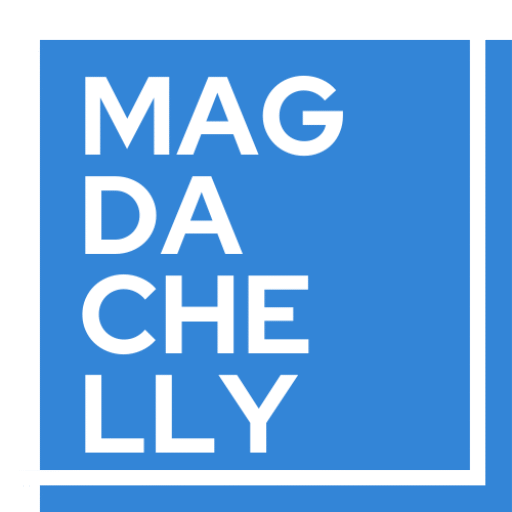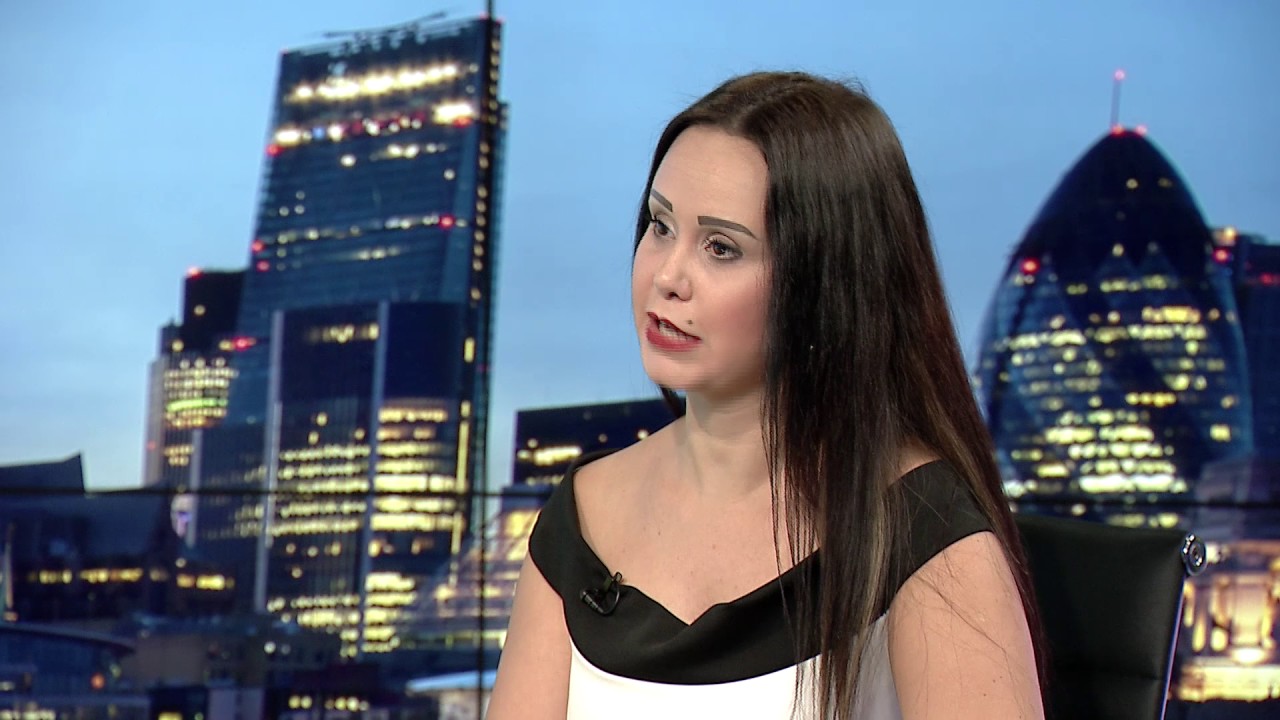Embarking on a PhD journey is often likened to scaling a mountain: it is both daunting and exhilarating, marked by a series of peaks and valleys. As I reflect on my own experience, I realize how fortunate I am to have navigated this critical chapter of my academic career in France. The country is not only steeped in a rich intellectual tradition but also offers a unique blend of challenges and opportunities that shape the experience of any doctoral candidate. In this opinion piece, I will share insights from my journey, delving into the nuances of pursuing a PhD in France, from the academic landscape and application process to cultural integration and work-life balance. I hope to provide a candid perspective that resonates with current and prospective PhD candidates.
The French Academic Landscape
France boasts a historical narrative that intertwines the realms of philosophy, science, and innovation. Renowned institutions such as the Sorbonne and École Normale Supérieure have made indelible marks on the global academic stage, fostering an environment that prioritizes intellectual rigor and debate. This cultural backdrop influences not only the way research is conducted but also how scholars engage with challenging ideas.
Within this rich context, France is home to numerous research institutions like CNRS (Centre National de la Recherche Scientifique) and INSERM (Institut National de la Santé et de la Recherche Médicale), which provide plentiful funding opportunities for PhD candidates. In 2021, approximately 75,000 registered PhD candidates called France home, with around 13,000 earning their degrees annually. This statistic underscores the robust nature of the doctoral education system and the institutional support available for researchers, making it an attractive destination for those seeking to deepen their intellectual pursuits.
The academic atmosphere here is not merely about individual achievement; it emphasizes collaboration and the cross-pollination of ideas. Scholars are encouraged to engage in meaningful discourse, transcending disciplinary boundaries. For someone like me, whose research blends technology and social sciences, this interdisciplinary approach has been particularly beneficial, opening doors to innovative insights and collaborative projects that might not have been possible in more siloed academic environments.
The Application Process
Navigating the application process for a PhD in France can feel overwhelming, particularly for international candidates. It begins with crafting a compelling research proposal that aligns with the interests and expertise of potential supervisors. This step is crucial, as a well-defined proposal can significantly enhance your chances of securing a position. I remember pouring countless hours into refining my proposal, ensuring it encapsulated my passion and the relevance of my research in the broader academic conversation.
Once the proposal is ready, the next hurdle is the competitive admission process. I had to gather strong letters of recommendation and demonstrate my academic achievements. Proficiency in French, although not always mandatory, proved to be a significant advantage. Engaging with faculty and peers in their native language not only eased my integration but also enriched my academic experience. Building relationships in the academic community became much easier when I could communicate effectively, and I quickly learned that language is indeed a bridge to deeper connections.
Finding the right supervisor is another critical aspect of the application process. In France, supervisors play a dual role as mentors, guiding you through the complexities of your research while fostering your independence as a scholar. I was fortunate to find a supervisor whose philosophy aligned with my academic goals. This relationship can vary widely between disciplines and institutions, making it essential for candidates to seek out mentors who share their vision and can provide the necessary support and guidance throughout the PhD journey.
The application process ultimately sets the stage for the PhD experience in France. While it can be daunting, it also offers a chance to reflect on one’s academic aspirations and goals. Preparing to embark on this journey is not just about securing a position; it’s about committing to a path of intellectual exploration and personal growth. Embracing the challenges of the application process is a vital first step in what promises to be a transformative journey.
The Research Environment
In France, the academic landscape is characterized by a strong emphasis on interdisciplinary collaboration. This environment not only fosters innovative research but also cultivates a sense of community among scholars. During my PhD journey, I had the privilege of collaborating with experts from diverse fields, creating a rich tapestry of insights that sparked my own intellectual curiosity. The collaborative spirit here encourages researchers to step beyond their comfort zones, leading to boundary-pushing ideas that can challenge traditional paradigms.
Moreover, the availability of state-of-the-art facilities and resources enhances the research experience. Institutions often invest in advanced technologies and support systems that empower researchers to pursue their work effectively. For instance, access to specialized labs and funding for experimental projects significantly accelerates the pace of research. I found that the combination of cutting-edge technology and collaborative opportunities allowed me to explore new methodologies and perspectives, enriching my overall academic experience.
However, navigating the complexities of a PhD program in France does come with its challenges. The bureaucratic landscape can be overwhelming at times, often hindering research progress. Administrative processes, while necessary, can be slow and convoluted, leading to frustrations that may deter even the most dedicated candidates. I learned to view these hurdles as part of the journey, seeking advice from peers and mentors to better understand the system and streamline my own approach.
Lastly, the culture of mentorship in the French academic system plays a pivotal role in shaping the research environment. A good supervisor serves not only as a guide but also as an advocate for their students. I was fortunate to have a mentor who encouraged my intellectual exploration while also providing constructive feedback and support. This dynamic between student and supervisor is crucial, as it can significantly influence the quality of research output and overall satisfaction during the PhD journey. By establishing a rapport built on trust and mutual respect, I was able to thrive in a challenging yet rewarding academic setting.


